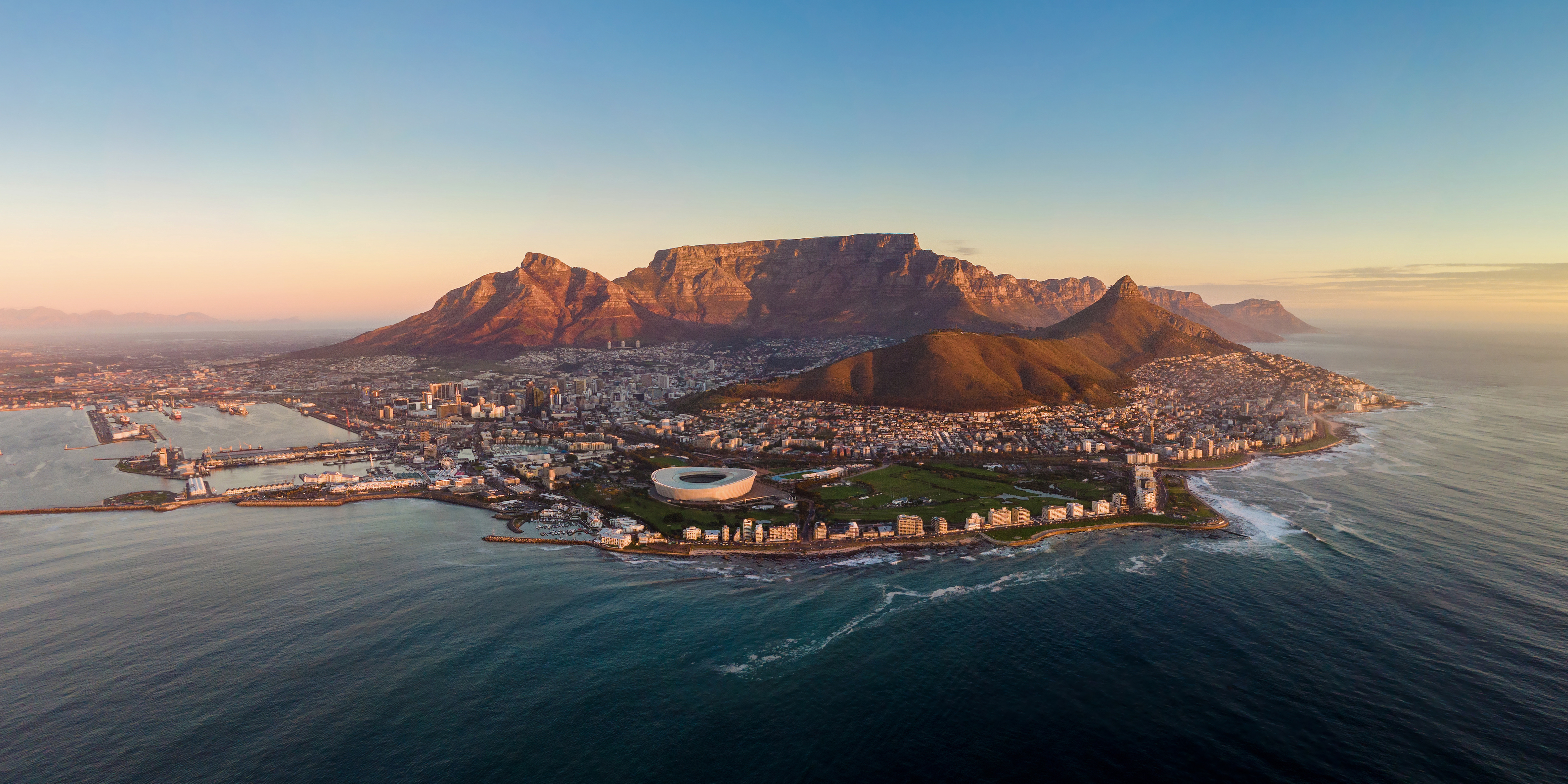
IS IT SAFE TO TRAVEL TO SOUTH AFRICA?
If American tourists are going to visit any country in Africa, it’s likely to be either Egypt or South Africa. But South Africa, like many sought-after travel destinations, has questions about safety. If you're contemplating a South African journey, you're likely wondering: Is it safe to travel to South Africa?
What the experts say
According to our latest Safest Countries research, South Africa is a popular destination. About as many of our survey respondents – American travelers – said they had visited South Africa in the last five years as had visited India.
And South Africa has a lot to offer tourists, from the wine country around Johannesburg to wildlife safaris in Kruger National Park.
In terms of safety, though, visitors to South Africa we polled placed the country 40th out of 42 countries as a safe destination, with only India and Mexico below it.
In addition:
- A composite ranking of the GeoSure rankings of South African cities placed the country 22nd out of 32 countries
- Country rankings from Numbeo placed the country 142nd out of 146
- The World Economic Forum safety ratings placed South Africa’s cities 29th out of 32
The State Department isn’t quite so harsh. It gives South Africa a level-2 (“exercise increased caution”) rating, while noting that “violent crime, such as armed robbery, rape, carjacking, mugging, and ‘smash-and-grab’ attacks on vehicles, is common.”
The takeaway is that tourist-facing measures like the State Department and GeoSure are kinder to South Africa than measures of safety for its citizens, like the rankings from Numbeo and the WEF.
Any way you look at it, it’s a mixed safety picture.
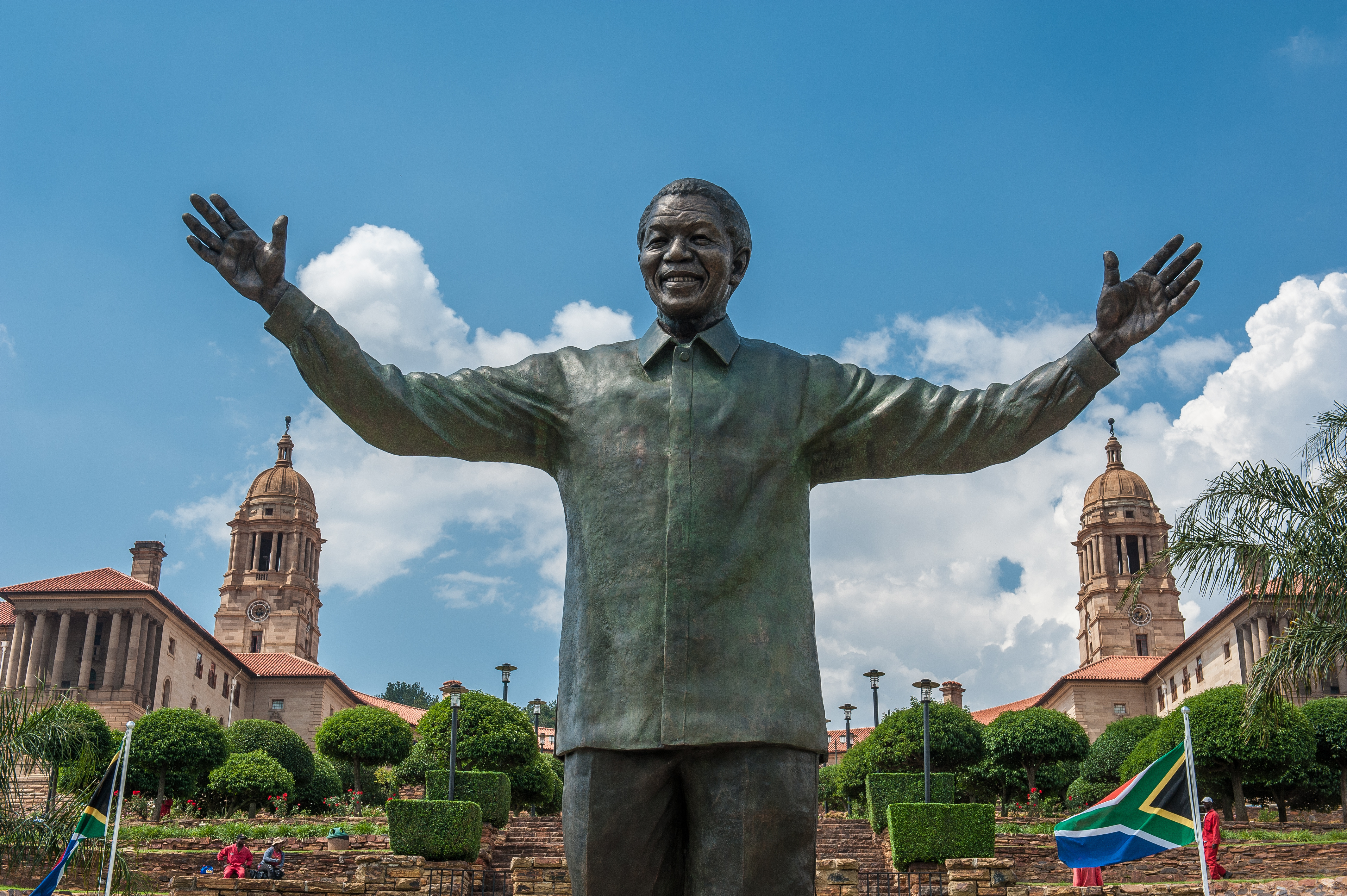
Safety in major cities
Whether arriving via air and heading out on safari or exploring metro areas as part of an overall tour of the country, most travelers pass through one of South Africa’s major cities.
Here’s what to look out for.
Cape Town
- Business and residential areas: Generally safe, especially in tourist areas like V&A Waterfront and Table Mountain.
- Townships: Areas like Khayelitsha have higher crime rates. Guided tours are recommended for people who want to visit the townships.
Johannesburg
- Business district: Considered safe during day but avoid at night.
- Suburbs: Neighborhoods like Sandton are generally safe.
Durban
- Beaches: Popular and usually safe during the day.
- Inner city: Use caution, especially at night.
In addition, rolling blackouts are common in major population centers. These often result in traffic jams and business disruption.
Transportation concerns
Navigating South Africa can pose some challenges.
Driving
South Africans drive on the left. In addition, they can drive aggressively and ignore traffic laws and safety recommendations. Rural roads can be narrow, rough, washed-out, and generally dangerous.
The traffic mortality rate in South Africa is three times that of the U.S.; the State Department attributes that to “a combination of poor driving, limited enforcement of traffic laws, road rage, aggressive driving, distracted driving, and driving under the influence of alcohol.”
If you're not up to dealing with these factors, leave the driving to someone else.
Public transport
While major cities have public transport systems, they may not always be reliable or safe late at night.
Intercity buses are not recommended due to safety issues.
First-class train service in South Africa is generally comfortable and reliable, though it can be expensive. Rovos Rail is particularly renowned for its luxury train service between Cape Town, Johannesburg, and other major points of interest.
When taking taxis, use reputable taxi services or ride-hailing apps.
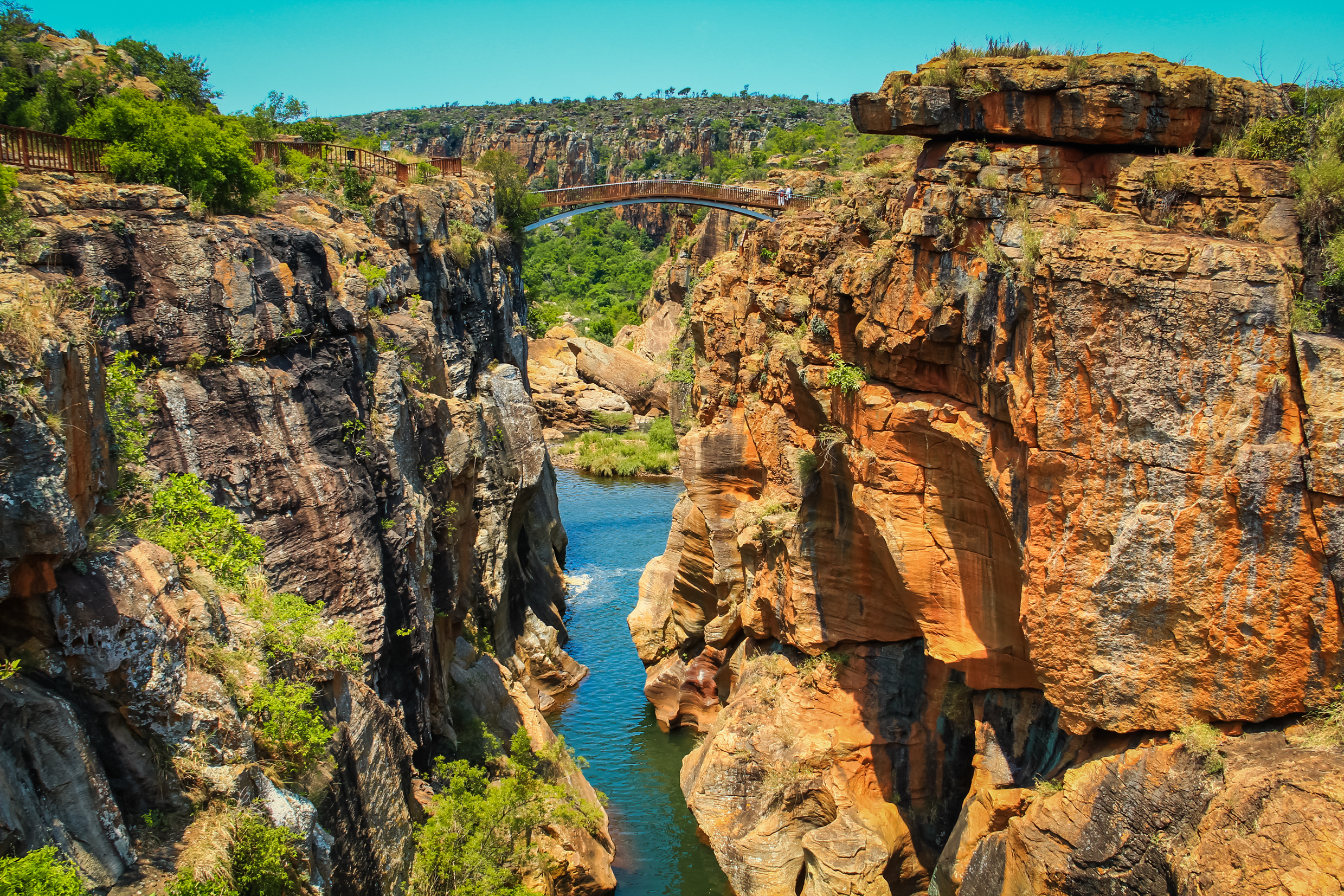
Safety in the country
South Africa boasts breathtaking natural beauty, and is one of the world’s top destinations for wildlife safaris, but with it comes some concerns. Specifically:
National parks: Always obey park rules. Stay on marked trails. When on a safari, never leave your vehicle unless guided to do so.
Ocean activities: South Africa's coastlines are famous for activities like shark-cage diving. Always use accredited operators for these adventures. Also, currents can be strong. Swim in marked areas.
Hiking: Stick to marked trails and avoid hiking alone. Inform someone of your plans and expected return time. Don’t hike after dark.
Wildlife safaris
One of the most popular reasons for visiting South Africa is to go on a wildlife safari. While these trips can be lavish and are almost always memorable, they come with their own set of safety precautions.
Choose your safari company carefully
In general, it’s best to work with a travel professional experienced in booking safaris. Since these are expensive trips, you want to make sure you choose the right:
Destination. What wildlife do you want to see – just the big cats, or smaller animals and birds as well? Different destinations within South Africa and its neighbors are going to be better for different types of wildlife.
Vehicle. Safaris generally offer open or closed vehicles. Open cars let you interact more and are better for capturing that quick picture, while closed cars are slightly safer – in case animals charge, for instance.
Activity level. Some safaris require a fair bit of hiking. If you have mobility issues, make sure you can be accommodated before booking.
Trip type. Voluntourism safaris are increasingly popular. If that interests you, make sure you’ll be allowed hands-on time doing meaningful work.
Luxury level. Safari camps range from the most basic to the most luxurious glamping imaginable. If you want luxury, be prepared to pay for it.
You’ll also want to understand how you’ll be transported from the airport to the bush. The safest and best way is for the safari company to take you in hand from the moment you land, but make sure that’s the case before you book.
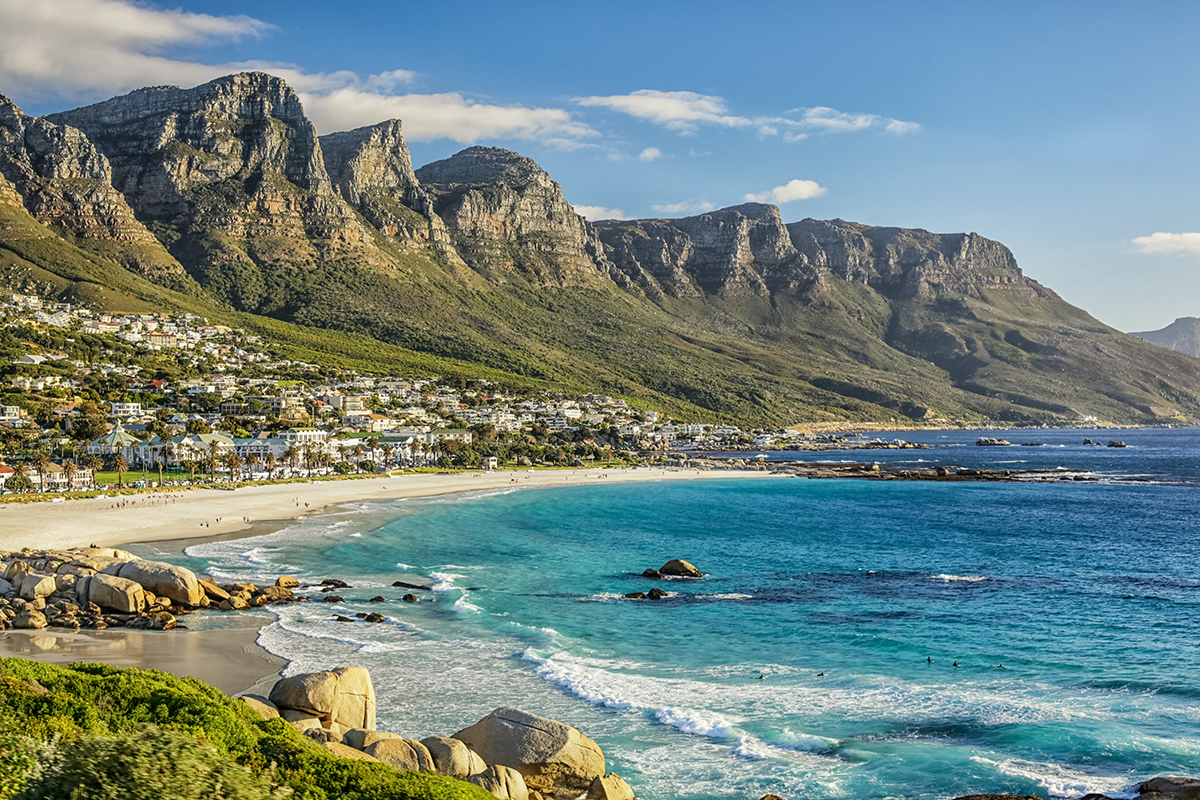
Health precautions
While South Africa offers first-world medical facilities, there are health concerns travelers should be aware of.
Ambulances: Ambulance services may not be available in many areas.
Payment for medical services: Payment is generally requested up-front for foreigners seeking medical care. For that reason, travel medical insurance, like that offered in policies from Berkshire Hathaway Travel Protection, is highly recommended.
Diseases: Many insect-borne diseases, like malaria, dengue, chikungunya, leptospirosis, African tick-bite fever, and Crimean-Congo hemorrhagic fever, are present in South Africa. Vaccinations are available for some of these diseases.
The U.S. Centers for Disease Control and Prevention recommend you have all your vaccinations up to date before leaving for South Africa.
HIV/AIDS: South Africa has a high prevalence of HIV/AIDS. Always take precautions if engaging in activities that could expose you to the virus.
Water: In most urban areas, tap water is potable. However, it's safer to drink bottled water, especially in rural areas.
Local etiquette and respect
South Africa is a diverse nation with various cultures and traditions. Always be respectful and seek permission before taking photographs of locals.
Also, it's customary to tip service staff, guides, and drivers. Be generous.
Safety tips for LGBTQ+ travelers
South Africa is progressive concerning LGBTQ+ rights, with same-sex marriage being legal.
Urban areas like Cape Town and Johannesburg have thriving LGBTQ+ communities, but it's advised to be discreet in rural areas, where views might be more conservative.
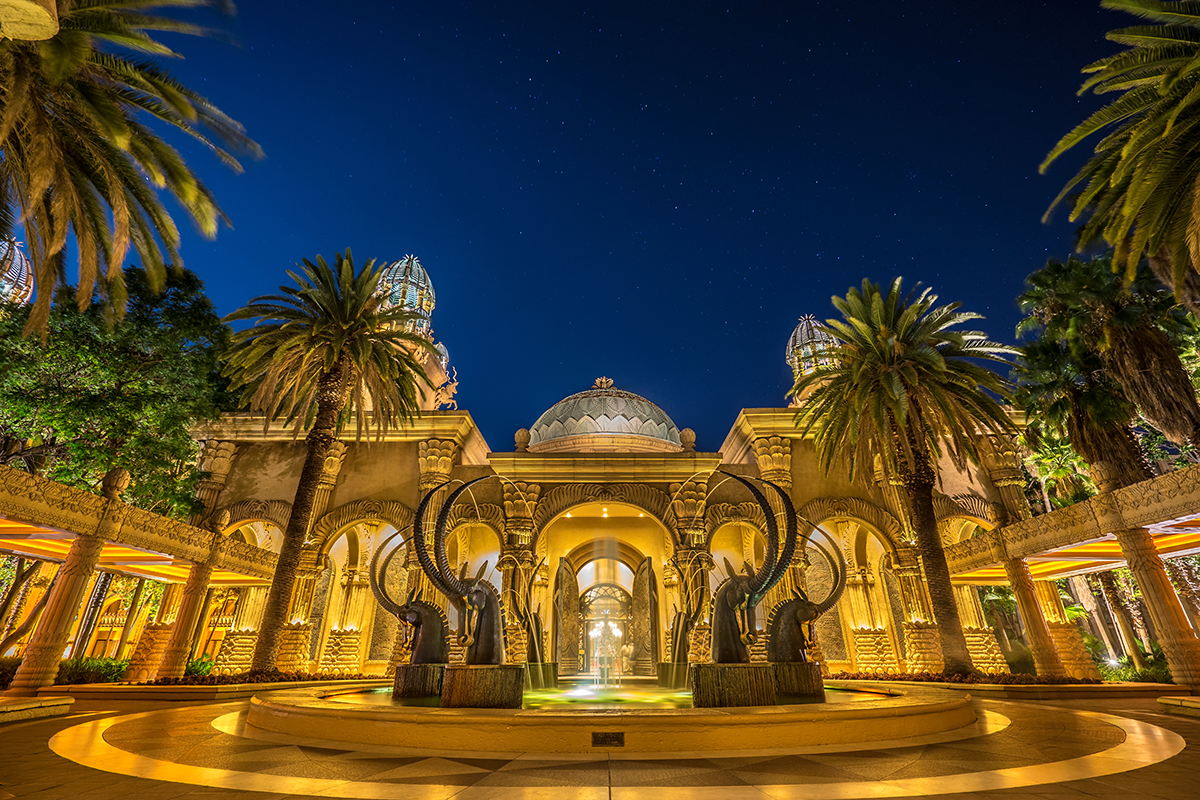
Safety tips for female travelers
While many female travelers have had positive experiences in South Africa, it’s best that female travelers – especially those traveling alone – do the following:
Stay alert: Be cautious when traveling, especially during the evening. Try to travel with known others. Let hotel staff or other trusted people know where you’re going.
Use your phone: Download an app like Noonlight for on-the-spot safety, and use the GeoSure app for neighborhood-by-neighborhood safety recommendations.
Dress appropriately: While South Africa is quite modern, it's advisable to dress modestly in rural areas.
Political landscape
South Africa, like many democracies, lets the voices of its people be heard. However, according to the State Department, “demonstrations, protests, and strikes occur frequently [and] have the potential to turn violent.”
Avoid areas where protests are occurring to ensure personal safety, and follow news headlines to make sure labor issues don’t disrupt your plans.
If you're unsure about the political climate, sign up for the Smart Traveler Enrollment Program and follow reports from the U.S. Embassy in South Africa.
Safe travel in South Africa: what to do
Everything we’ve just said about safety in South Africa – that’s a lot for a traveler to deal with. But millions of travelers deal with it every year, and have a great time in South Africa.
How can you be one of them? It’s actually not that hard.
Here are the key tips to follow.
Work with reputable people
This simply means using a stateside travel professional who understands the region and reputable tour operators on the ground in South Africa.
Check online reviews, trying to corroborate overly positive and negative reviews whenever possible.
Most American travelers to South Africa use travel professionals, tour operators, or both. It makes sense to follow their lead – especially if you’ve never been to the country or continent before.
Be careful venturing out on your own
Whether at a resort, on a tour, staying in a big city, or on safari, you may be tempted to explore the area on your own. While exploration is one of the joys of traveling, try to avoid doing this as much as possible.
If you’re dead-set on exploring, tell a tour leader or hotel personnel where you’re going and how long you expect to be gone.
When you’re out in the country in South Africa, this extends to:
Being water-smart: Don’t swim in unmarked areas or alone. When going on a hike, take along plenty of water.
Following the signs: In areas like Kruger National Park, stay on marked trails and follow all signs regarding where to go and where not to go.
Dressing for conditions: The daytime sun is hot, so wear a hat and sunscreen. Nights can get chilly, so a jacket might be in order. Also, proper footwear is a must.
Buy travel insurance
Berkshire Hathaway Travel Protection has been covering South African vacations for years.
BHTP offers plans tailored for luxury and adventure travel, to give you peace of mind in case of health issues or unforeseen events that threaten your travel investment.
Is South Africa safe? It can be. With the right precautions, it offers a plethora of once-in-a-lifetime experiences – everything from world-class wines and dining to unforgettable wildlife safaris.
Those precautions start with careful planning, choosing the right travel partners, and buying travel insurance to cover it all.
Please visit our Disclaimer page for underwriter info. Policies have exclusions and limitations. For complete details of coverage, contact BHTP by calling 844-411-2487, or emailing us at assist@bhtp.com.
Questions About Travel Insurance?
Check out our online guide, "What Is Travel Insurance All About?" We've provided in-depth answers to all your travel insurance questions, starting with the basics.